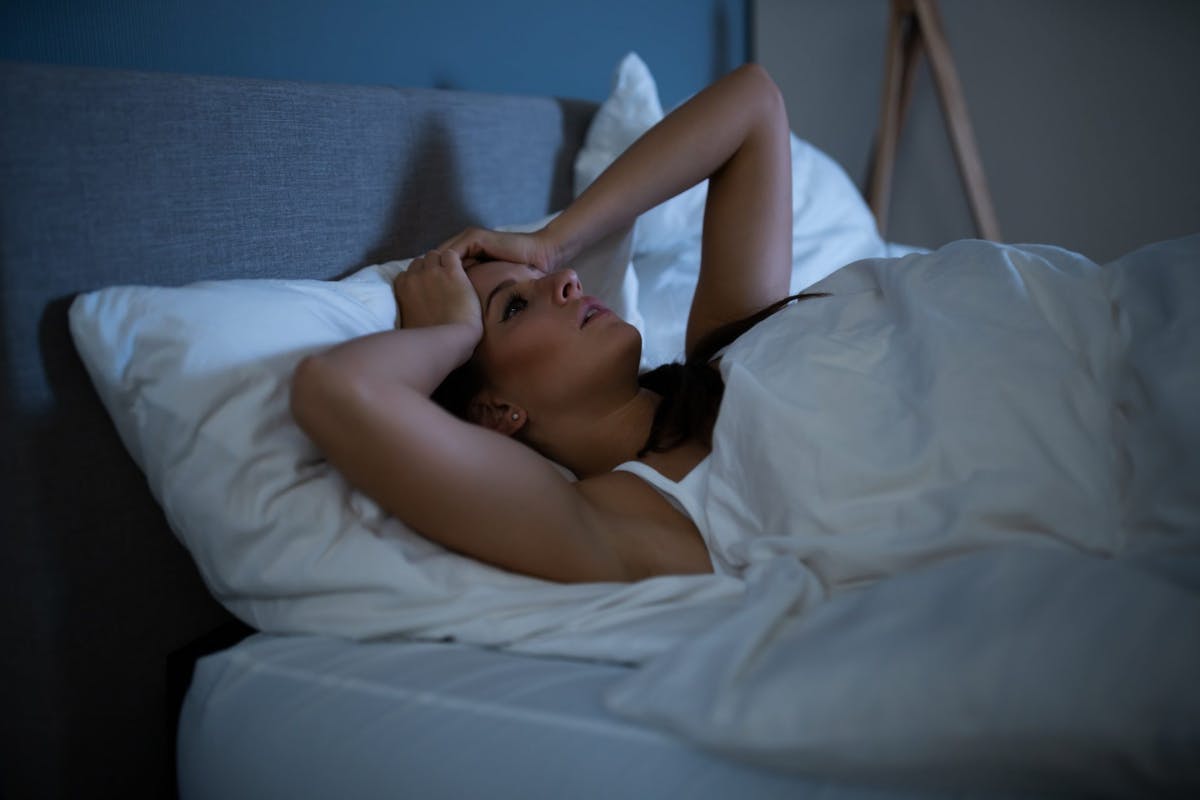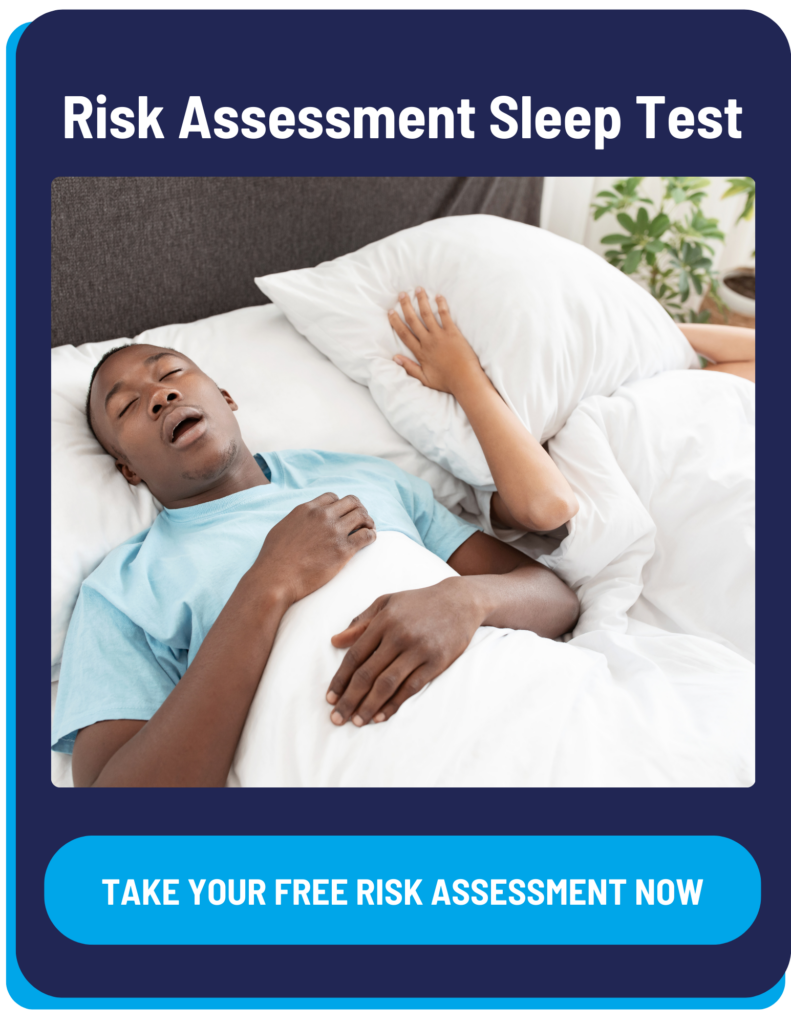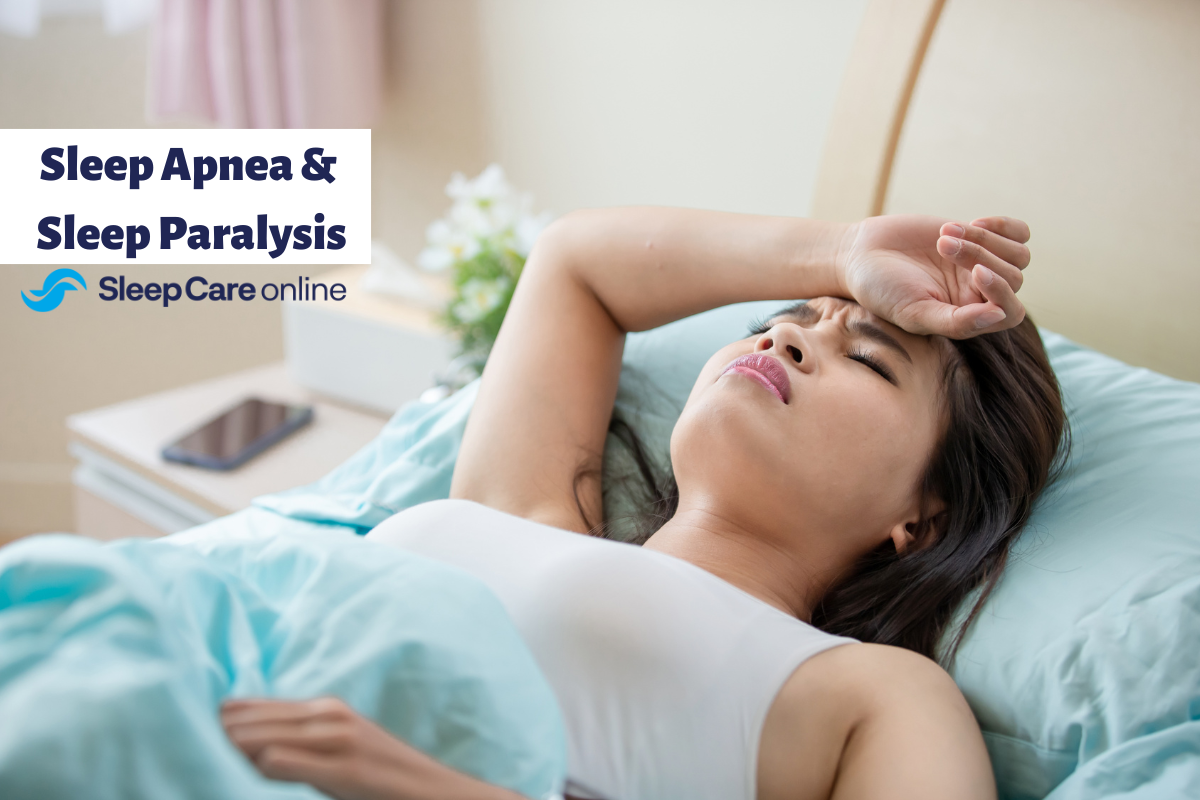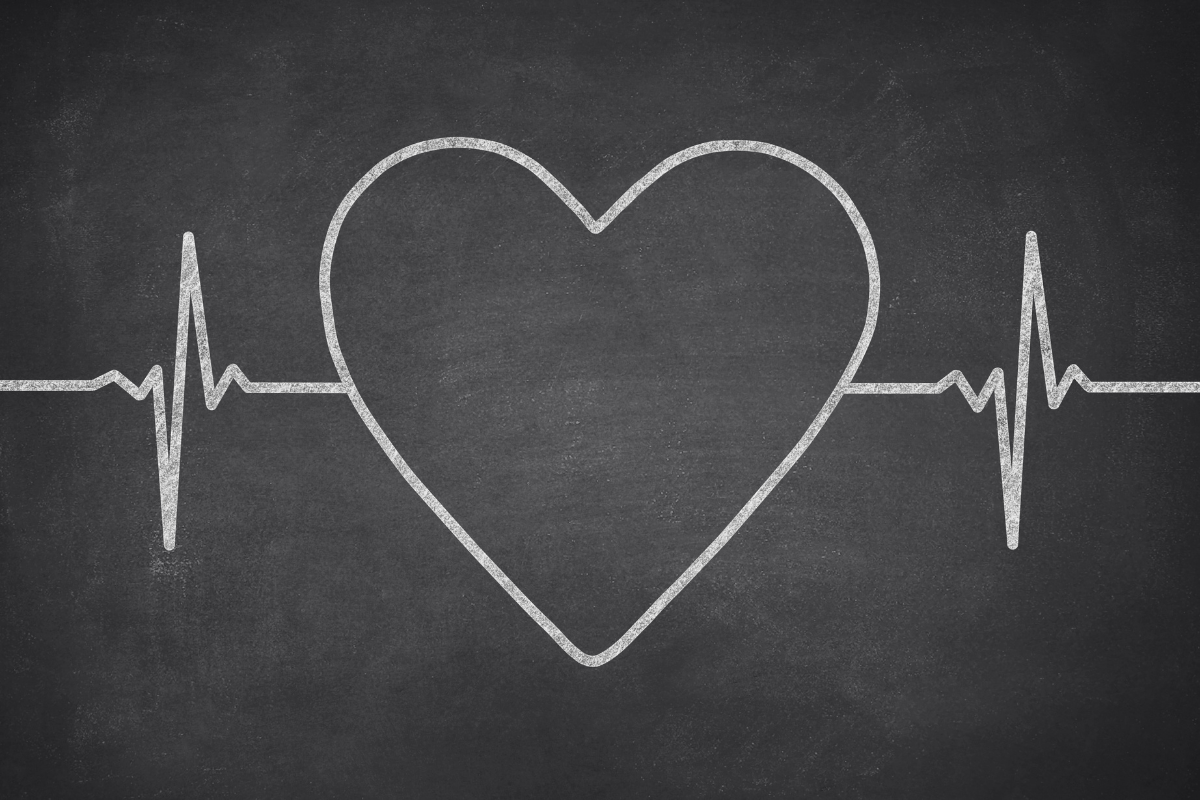Sleep studies are a critical part of diagnosing sleep disorders such as sleep apnea. Someone undergoing a sleep study needs to follow their normal sleep pattern to get accurate results. This can be difficult, as patients may have to sleep in an uncomfortable lab setting.
What Does a Sleep Study Show?
A sleep study technically known as a polysomnography records your brain waves, the oxygen level in your blood, heart rate, and breathing, as well as eye and leg movements during the study. All of these factors help doctors better understand your sleep stages and cycles.
How to Prepare for Your Sleep Study
To ensure the most accurate results you need to make yourself as comfortable as possible before the study starts. If you are taking a sleep study in a lab, pack an overnight bag with comfortable pajamas and a change of clothes for the morning. Bring any medications you need to take at night. You can even bring your own pillow to make you feel at home.
If you are taking an at-home sleep test like Sleep Care Online offers, there will not be as much prep work. Continue on with your normal nighttime routine, and then simply sleep in the comfort of your own bed as data will automatically be recorded and uploaded for your doctor to review.
Things to Do on the Day of the Study
On the day of the study avoid the following to get the most accurate results:
- Avoid caffeinated beverages. This includes coffee, tea, and caffeinated soft drinks. Caffeine is a stimulant that will affect normal sleep.
- Avoid alcohol. Alcohol can disrupt normal sleep patterns and prevent REM sleep.
- Avoid naps. Too much sleep during the day can leave you sleepless at night.
- Avoid blue light exposure two hours before the study. Blue light from computers, TV, and phones can disrupt normal sleep patterns.
- Exercise. Burn off excess energy so that you are ready to sleep.
- Stay up later. Extend your normal sleep schedule so that you are more tired and more likely to sleep through the study without interruption.
- Make yourself comfortable. Try to make the experience of a sleep study as comfortable as possible, using blankets, pajamas, or pillows from home.
What If I Can’t Sleep During a Sleep Study?
Knowing you will be participating in a sleep study can leave you feeling too anxious to fall asleep. The best thing to do is to try to relax and assume the sleeping position that is most comfortable for you. This may be more difficult at a lab as you are hooked up to some equipment. However, if you are taking Sleep Care Online’s at-home sleep test, only a small recording device will be placed on your finger. This device is called the NightOwl®—the world’s smallest, most convenient home sleep apnea test. The device consists of a sensor that is connected to a smartphone app and an integrated cloud-based analysis software for analysis.
Medication When You Can’t Sleep During the Sleep Study
If sleep during the study seems impossible, you can take a sedative. Be sure to alert the sleep techs at the study that you need to take medication to sleep. Let them know if you will be using a prescribed sedative or an over-the-counter product. Sedatives can affect sleep apnea and the researchers will need to be aware of its presence during the study.
How Long Is a Sleep Study?
Sleep studies are just overnight. By morning the doctors will have the information they need to provide an accurate diagnosis. Sleep doctors try to measure at least seven hours of sleep.
Conclusion
If you are nervous about taking a sleep test, the good news is that not all sleep tests need to take place in a lab. Home sleep apnea tests can be taken in the comfort of your own home and for less money. If you are concerned about sleep apnea you can get a complete care home sleep apnea test at Sleep Care Online. Call our knowledgeable staff at 866-465-4478 to learn more.





